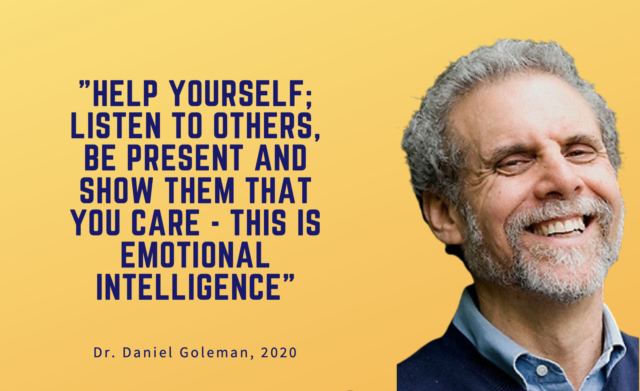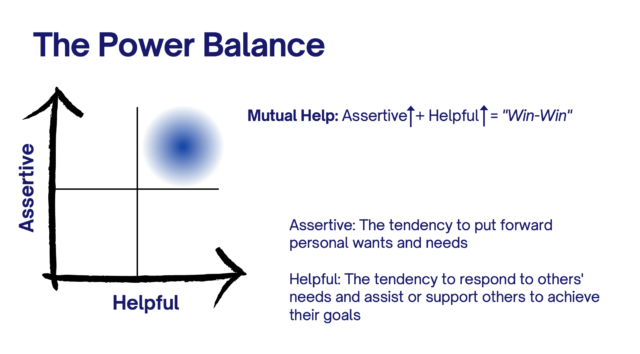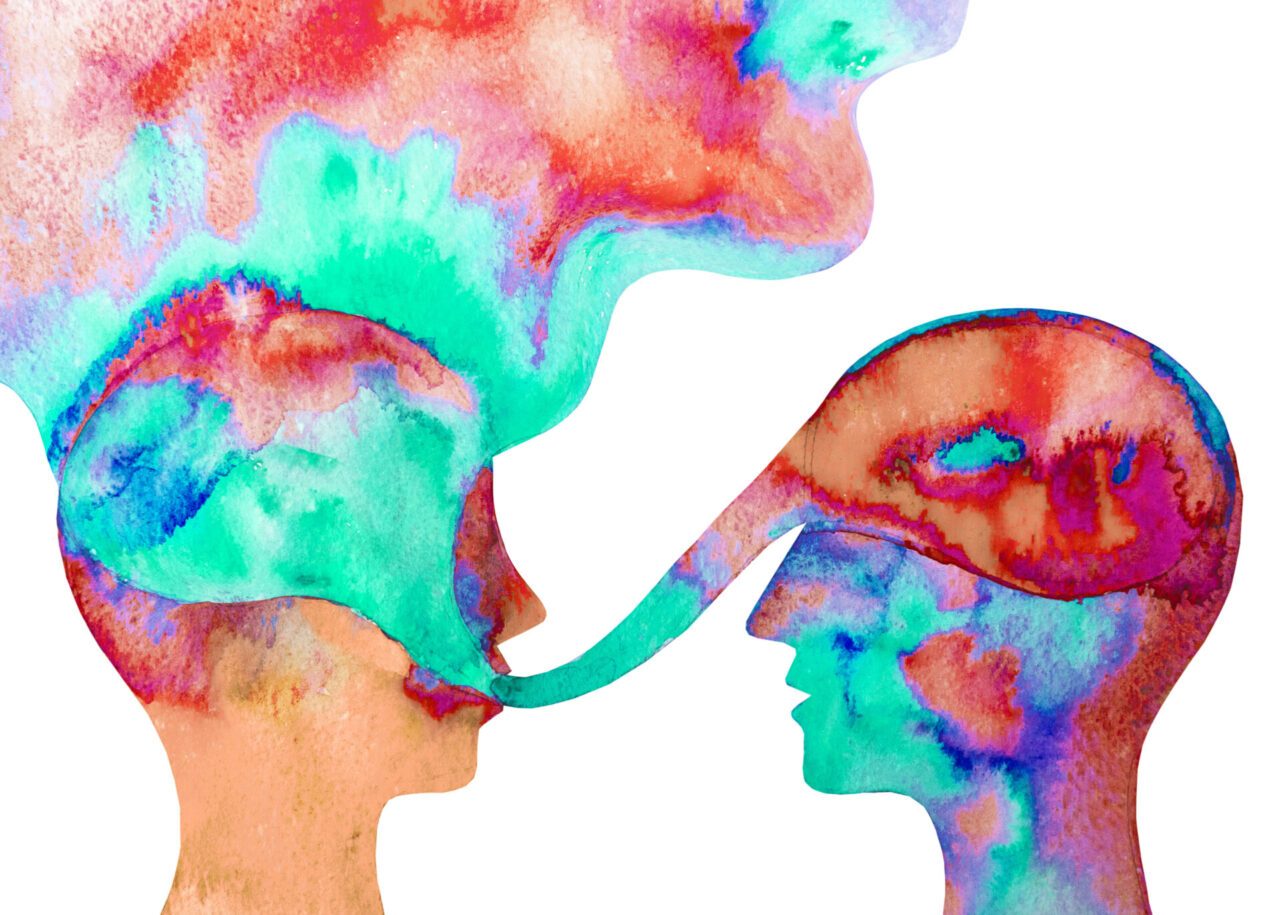By Stefanie Zechner, PhD – Founder and Director, Science. People. Business.
Introduction
Having a positive impact on others and meaningfully engage people in order to get their buy-in or gain their support to achieve goals are key success factors commonly described as “Influencing Skills”. Whether you’re a team member, a project lead, or an aspiring entrepreneur, mastering the art of influencing without authority can help you drive positive change, foster collaboration, and achieve your goals. Fear not! Like every surfer has learned to get to a level of mastery and to enjoy riding the waves, every leader can learn mastering the art of influencing without authority. In this summer blog I share 3 ideas in the hope that they may inspire you to take action, and keep standing on top of your board riding the waves.
Idea 1: Cultivate genuine connections = emotional intelligence in action
We all have a profound desire to belong and be part of a group. Thus, influence without authority starts with establishing genuine connections. Authentic, genuine connections mean being honest and vulnerable in our communication and interactions: in our communication with ourselves as well as with others.
The famous communication psychologist Paul Watzlawick coined the phrase “One cannot not communicate”, meaning that every behavior is a form of communication. Even in the absence of speaking a word, we communicate through our body language, our voice and facial expressions, through our social media posts and comments (even a simple thumbs up or down); everything we say or don’t say will be perceived as communication by a receiver. Cultivating genuine connections therefore includes first and foremost being aware of how we come across (self-awareness) and whether the signals we send are in sync with what we intend to communicate. Even if we have the best intentions, if our verbal or non-verbal behavior does not transport our message accordingly, we won’t be heard or worse, we will be misunderstood.

During the pandemic I had the opportunity to participate in a webinar with Dr. Daniel Goleman, author of the New York Times bestseller “Emotional Intelligence”. When asked what emotional intelligence is in simple terms, he said “Help yourself, listen to others, be present and show them that you care”. In my words, cultivating genuine connections is emotional intelligence in action.
Much like the safety instructions on board a plane which say “in the case of loss of cabin pressure… put on the mask on yourself first before helping others”, standing in for our own needs AND helping others to achieve their goals is not a contradiction. Creating win-win solutions means creating solutions which work for me as well as for the other party.

If we don’t show our authentic selves as leaders, we may risk nurturing transactional relationships vs. cultivating genuine connections. There’s nothing wrong with transactional relationships, however it’s the genuine connections that make the people on your team go above and beyond and through the storm with you. These connections are founded on mutual trust, respect, and genuine care for each other. Cultivating genuine connections starts with our own behavior: showing a genuine interest in people, actively listening to their perspectives, and empathizing with their needs and concerns. When people feel heard and understood, they are more likely to be receptive to our ideas and suggestions. Research has shown that when we interact with someone who has been encouraging of our work, we are more likely to trust this person, listen to this person, and feel reward emotions.
A great example of cultivating genuine connections is Jacinda Ardern’s response to the attacks on two mosques in Christchurch in March 2019, in which 51 muslims were killed. For much of the world, it was her empathy, rejection of violent rhetoric, and swift action to ban almost all semi-automatic weapons that was regarded as the defining moment of her premiership and of exemplary leadership.
In her speech that went viral around the world, Ardern said “Many of those who will have been directly affected by this shooting may be migrants to New Zealand, they may even be refugees here. They have chosen to make New Zealand their home, and it is their home. They are us. The person who has perpetuated this violence against us is not. They have no place in New Zealand”.

We will never forget the pictures of Ardern among the victims, hugging them like a fellow human mourning the loss of a brother or husband, while wearing a black headscarf as a gesture of respect. Her nonverbal and verbal communication were perfectly aligned and underlined her message to the victims “You are us” and they – the terrorists – are not. A survivor of the attacks who was shot nine times watched Ardern’s speech from hospital, “I could see from her eyes that she was feeling what she said. She was so sorry.”
Ardern combined her acts of empathy with swift action: Less than a week after the Christchurch attacks she announced sweeping gun control reforms. Gun owners had six months to sell their weapons back to the government under the new law, which cost over 100 million New Zealand dollars ($65 million). As a result, over 60,000 firearms and more than triple the number of components, including high-capacity magazines, were taken out of circulation. In June 2020, New Zealand tightened gun laws further, introducing a new firearms registry to track the buying and selling of weapons, shorter licenses for first-time license holders, and a ban on a wider variety of guns.
Jacinda Ardern demonstrated that displaying warmth AND displaying confidence are not a contradiction, and that in fact, both are important for creating optimal influence and impact.
Research by social psychologists Amy Cuddy, Susan Fiske, and Peter Glick suggests that the way others perceive our levels of warmth and competence determines our ability to influence. The trio developed the “stereotype content model” and established that people perceive others on two core dimensions—warmth and competence—with many being seen as high on one dimension but low on the other. People seen as warm, but incompetent are liked but not respected. People may feel warmly toward them, but deny them challenging assignments and view them as incapable for leadership roles. Conversely, if someone is highly competent but shows only moderate warmth, people may go along with them but step out at the next best opportunity. Creating true engagement and support is only possible by combining both warmth and competence.
In conclusion, influence without authority starts with cultivating genuine connections and creating win-win solutions, or in other words, meeting mutual needs: being authentic in our communication with ourselves as well as with others, caring for ourselves and caring for others. Genuine connections are founded on mutual trust, respect, and genuine care. Building true engagement and followership happens when we show genuine interest in people, and balance warmth and competence. When people feel heard and understood, they are more likely to be receptive to our ideas. Jacinda Ardern is a great role model for an influential leader with strong emotional intelligence, who knows how to balance warmth and competence.
The next episode will come out end of August and will be about self-confidence and the power of talk. Do you have any specific topics you would like to see included? Please do reach out to me, I’d love to hear from you.
Keep riding the waves, Stefanie


